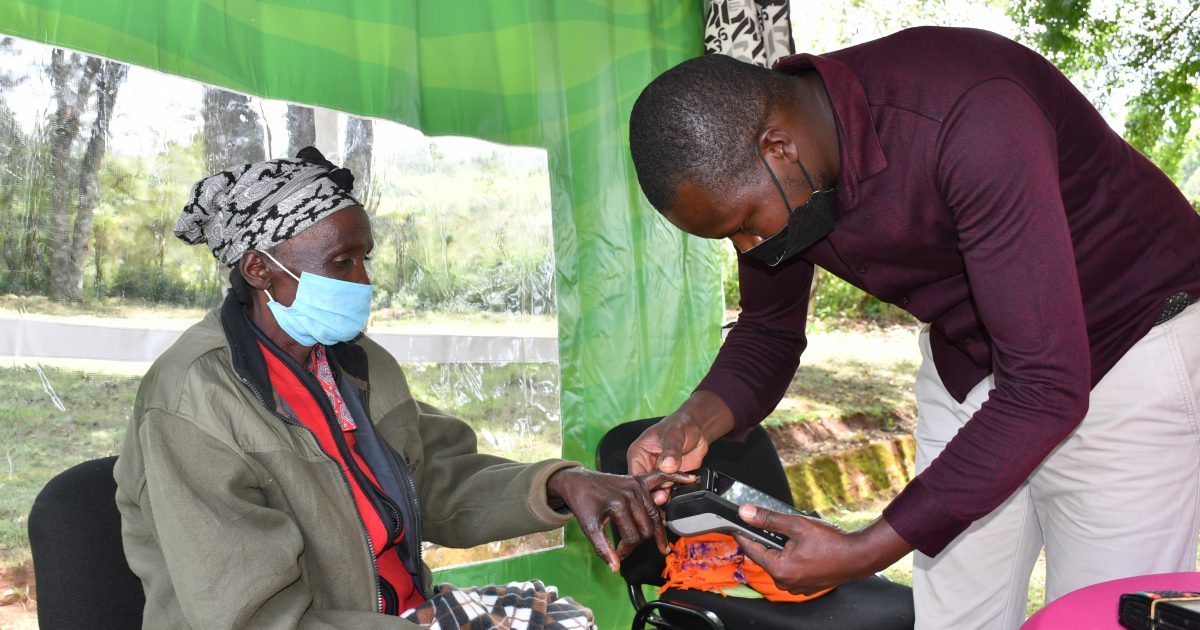The government is moving to tighten controls on the Inua Jamii cash transfer programme, which has been marred by fraud and irregularities.
A proposed law seeks to introduce tough measures to prevent illicit payouts, including recovering funds from ghost beneficiaries and those who receive excess payments.
Audit reports have revealed that the programme has been paying non-existent beneficiaries, raising concerns over financial losses.
To address these issues, the government has drafted the Social Protection Bill 2025, which includes provisions for seizing assets from individuals who have unfairly gained from the scheme.
The bill, sponsored by Majority Leader Kimani Ichung’wah, requires beneficiaries who have received excess payments to return the full amount.
“Where the board erroneously pays money to a person who is not entitled to social protection or the payment exceeds the amount permitted by the board, the person shall refund the money so paid,” states the proposed law.
The bill also outlines that deductions can be made from future payments to recover funds, and in cases where the beneficiary has passed away, the estate will be held accountable for repayment.
“Their estate shall refund the money, or the excess amount of money paid shall be deducted from the subsequent payment made to the beneficiary,” it reads.
Another key aspect of the bill is the restructuring of the social protection management system.
The proposal includes replacing the current National Social Assistance Authority with a board whose chairperson will be appointed by the President. Previously, the post was held by a Cabinet Secretary.
The new board will have the authority to initiate recovery proceedings against individuals who have received money erroneously.
An audit conducted in February last year found that 919 Inua Jamii beneficiaries were overpaid by Sh896,500.
Additionally, 15,243 caregivers were discovered to be representing more than one household, violating programme rules.
Auditor General Nancy Gathungu, in her review of the fund’s accounts for the year ending June 30, 2024, flagged these irregularities as illegal.
The proposed bill also aims to clean and streamline the social protection database, which will be managed by the new board.
“The board shall establish a social protection registry, which shall be a singular database for social protection interventions,” the bill states.
If enacted, the registry will serve as an official inventory of vulnerable individuals and households, aiding in the selection and registration of social protection beneficiaries.
It will also improve coordination of assistance efforts at the national and county levels.
Furthermore, the registry is expected to enhance response measures during emergencies by providing data on affected households.
It will also support linkage and referral mechanisms for social protection interventions.
The proposed law states, “The board shall facilitate real-time updating of changes in household data through interoperability with other national registries.”
With these reforms, the government aims to enhance oversight and accountability in the Inua Jamii programme, ensuring that only eligible individuals benefit from the funds.
